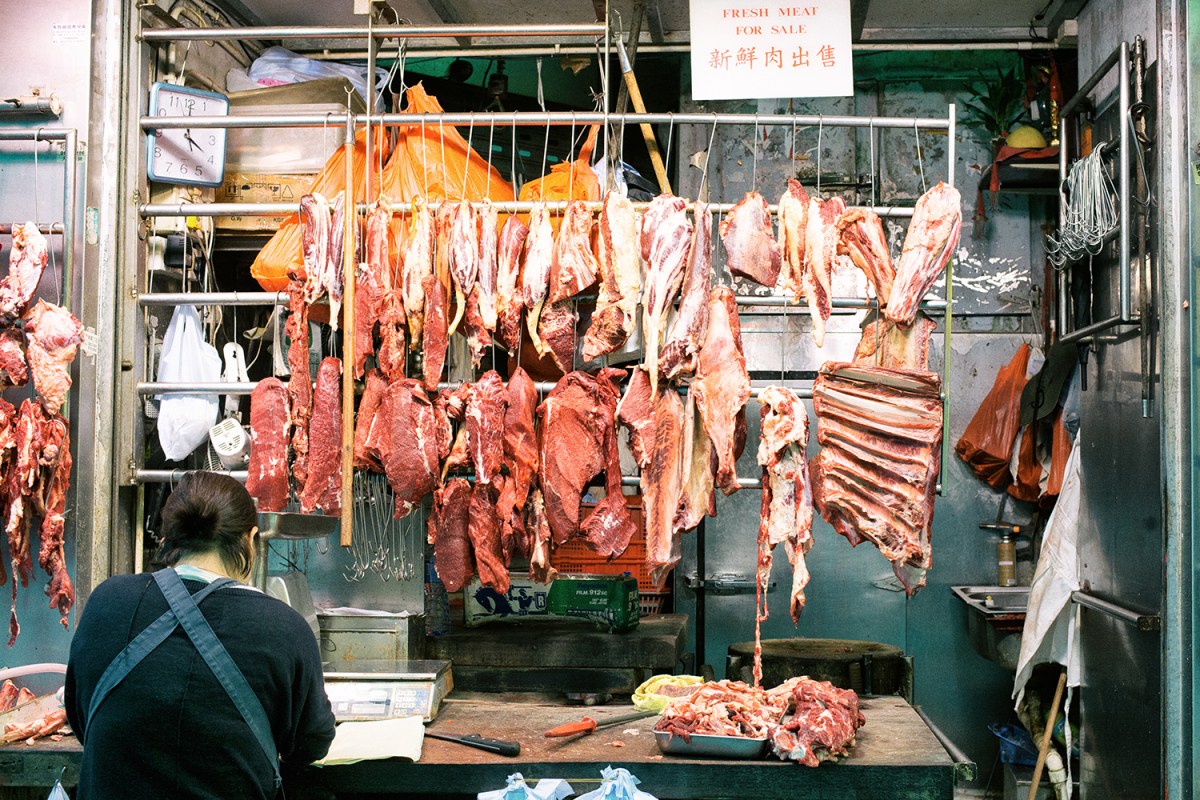Pop quiz: Where did COVID-19 come from? There’s a good chance the first answer that popped into your head was China’s wet markets, especially those in Wuhan where some of the first cases were traced. But as The Guardian recently discussed, while it’s easy to blame that institution as a while, the origin is more complicated.
Unfortunately, nuanced discussions of disease outbreaks are being sidelined as coronavirus cases in Wuhan decrease and the city begins to reopen for business. And as Wuhan and other regions in China reopen, so have the controversial wet markets, leading Bloomberg to look at both local measures to make them safer and the international powers calling for their closure.
“U.S. officials, in particular, are ramping up pressure to shut them down,” wrote Bloomberg. “Yet such markets in China and elsewhere in Asia are as essential a part of everyday life as bodegas in New York City or boulangeries in Paris.”
Part of the problem is that the term “wet market” is getting somewhat lost in translation. Essentially, they’re like farmers markets here in the U.S., though more essential to the grocery shopping needs of Chinese people than your typical Sunday outing in the States. The difference is that in China, wet markets can include both the sale of wild animals as well as some slaughter onsite. And the wild animal puzzle piece is where the trouble likely lies, as Bloomberg noted, “Scientists and Chinese officials believe the deadly illness jumped to humans from wild animals, most likely via an intermediary species like bats.”
According to their reporting, the Wuhan market connected to the first cases remains closed and some prohibitions on wild animals have been instituted recently, but despite the pandemic, there has not been a ban on wild animal sales.
“It’s misleading to focus on wet markets when we discuss the outbreak,” Dr. Zhenzhong Si of the University of Waterloo told Bloomberg. “It overshadows the true problem here, which is the supply chain of wild animals. We shouldn’t demonize wet markets because of the coronavirus outbreak.”
Nonetheless, U.S. experts like Dr. Anthony Fauci as well as politicians like Senator Lindsey Graham have called for the wet markets to close en masse.
Subscribe here for our free daily newsletter.
Thanks for reading InsideHook. Sign up for our daily newsletter and be in the know.



















